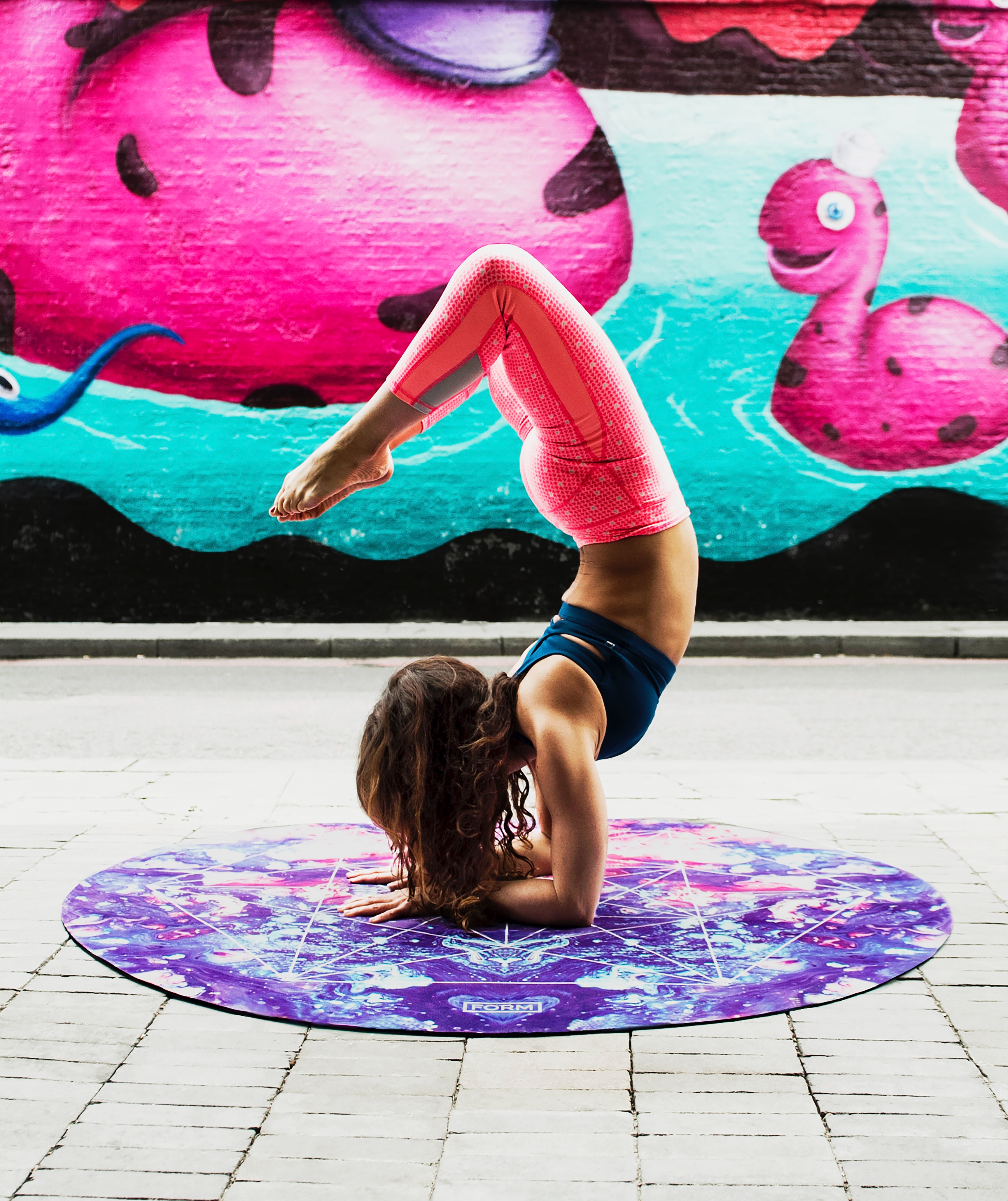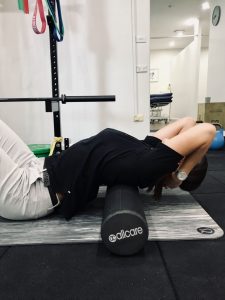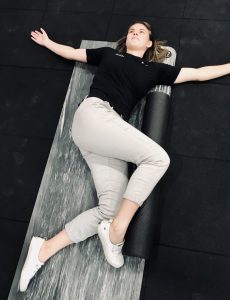Sitting by day, stiff by night!
Do you spend a lot of your day sitting at a desk or in the car?
Are you suffering with neck pain?
Do you find your upper back stiff and you just can’t get it to go away?
Struggling to lift that weight overhead?
We understand how annoying that can be!
Here are some tips on how to improve your upper back mobility and reduce your symptoms!
Foam Roller stretch!
Spend a few minutes each night opening the thoracic spine using a foam roller. Simple and effective way for reducing your symptoms. Aim for 2-3 minutes working in a variety of different spots.
Regular work breaks!
When working at a desk try to get up often during the day, go for a walk to the printer, grab yourself a glass of water or go and say hi to a friend! Our body is designed to move and likes to be up and about during the day.
Computer screen height!
Ensure that your computer screen is at the right height so you don’t fall into a hunched position. The top of your screen should be at eye level.
Work stretches in sitting!
Rotate your upper body around pulling with your arms and keep your hips forward. Hold for 10 seconds and complete 3 big breaths aim for 3-4 per side.
Bow and arrow stretch!
Lay on side with top knee resting on foam roller. Rotate upper body around and take a deep breathe, come back to starting position and repeat 15-20 x per side.
Any questions about an injury shoot us a message, give us a call on (02) 4751 9127 or book a session online!
Written by Georgia King (Physiotherapist at The Physio Depot)






